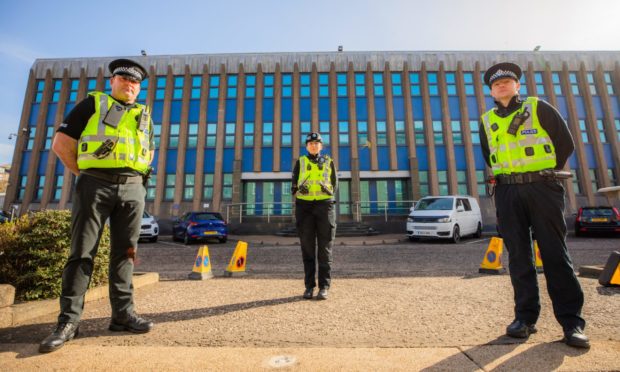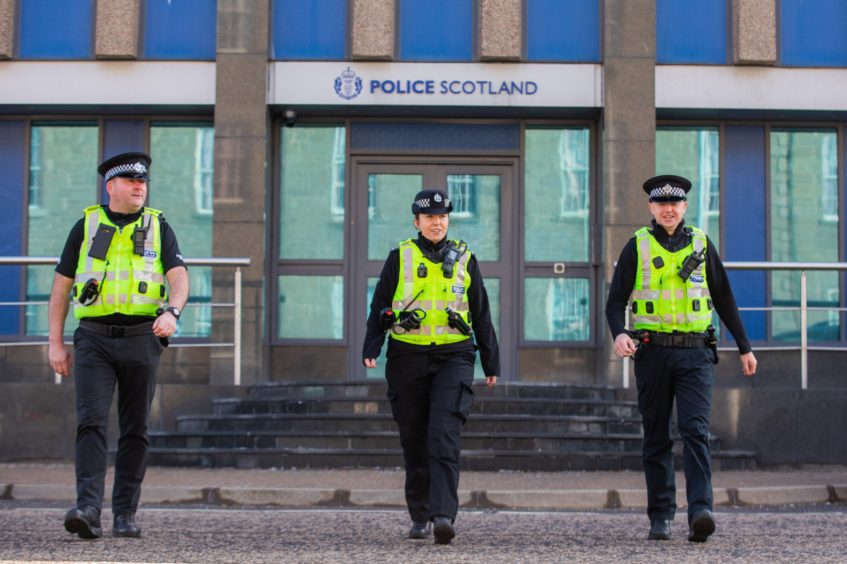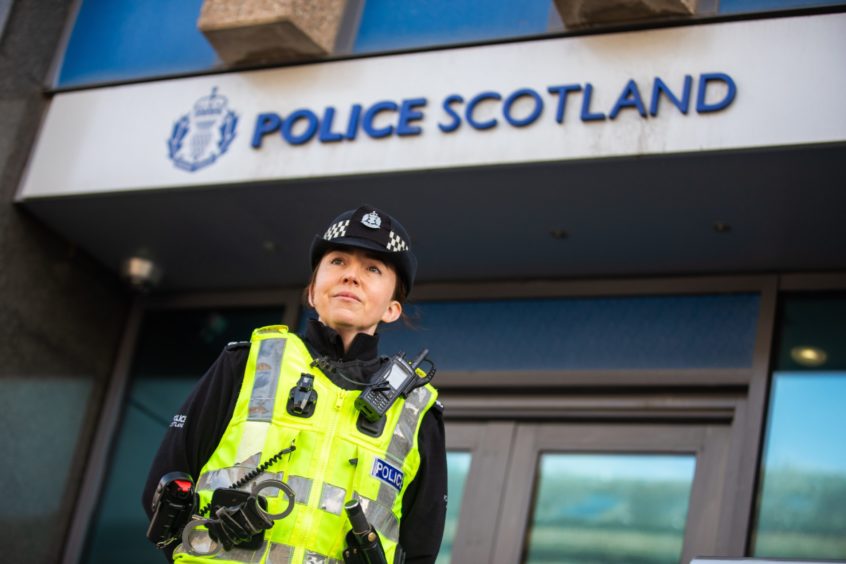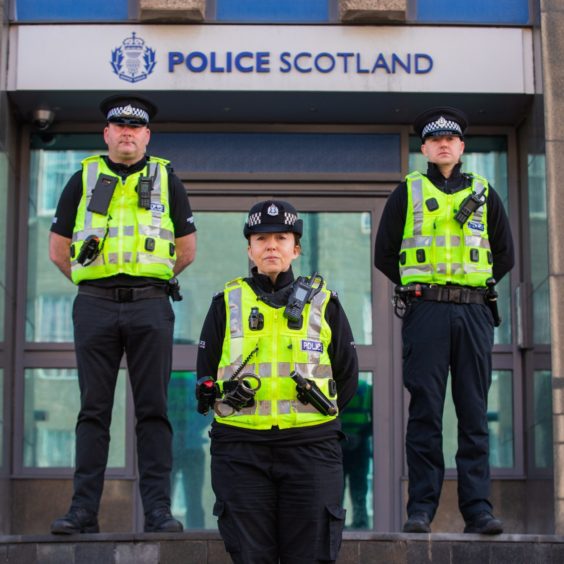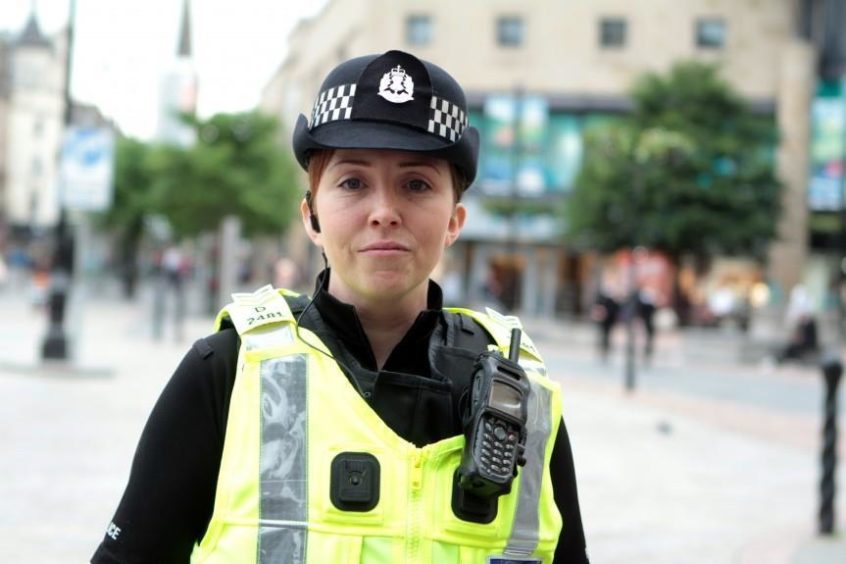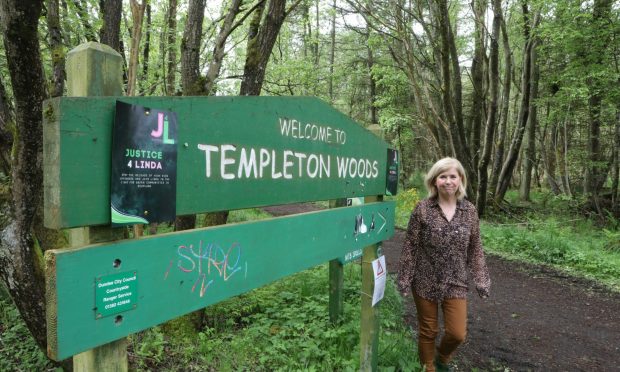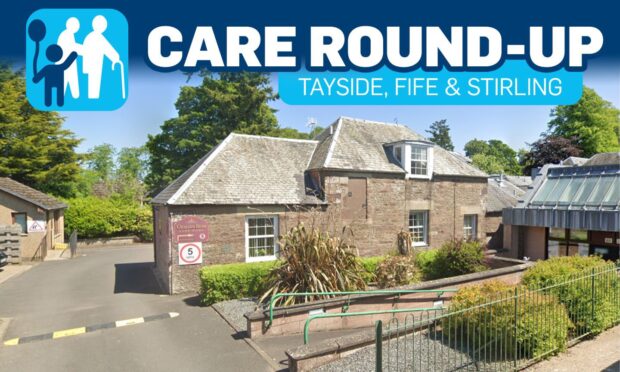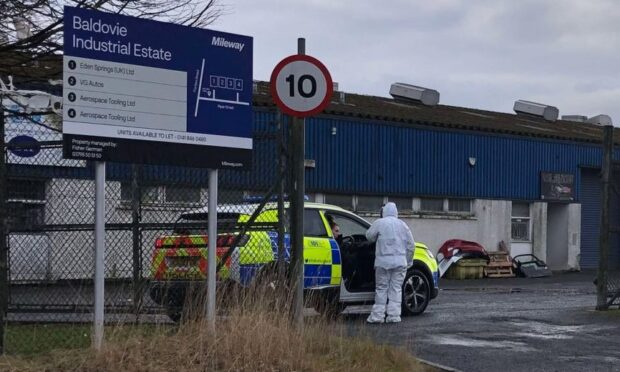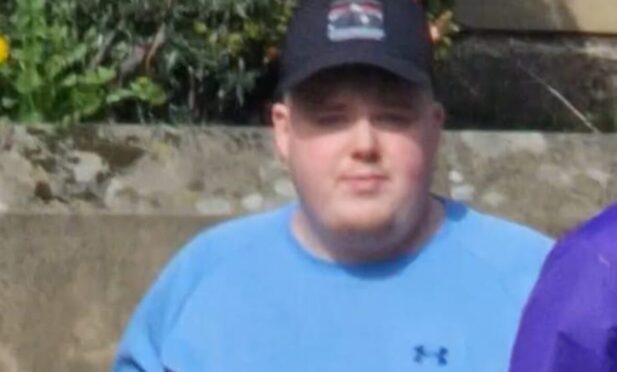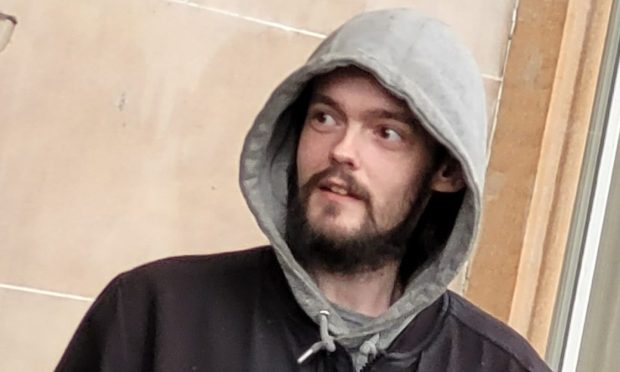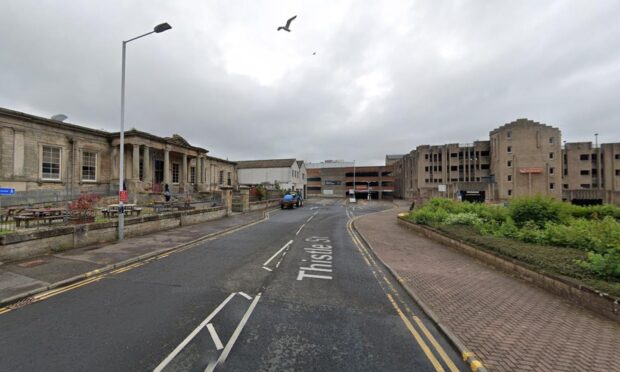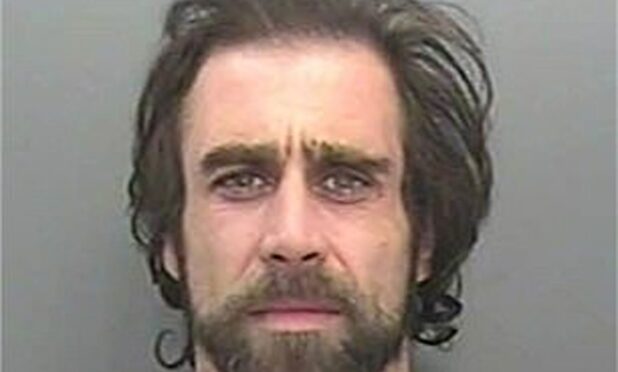A new campaign has been launched by Police Scotland in Dundee, to protect vulnerable people – with a specific focus on the drug-related offences of county lines and ‘cuckooing’.
Operation Argonite has been introduced in the city, with a new problem-solving team made up of six officers who are based at Tayside Division headquarters in West Bell Street.
Led by Sergeant Lucy Cameron, the team is made up of officers with a range of experience in different areas of policing including the CID, where Sgt Cameron previously worked, along with public protection and community policing.
They have been in post for the past six weeks, working on strategies and tactics designed to prevent and reduce the threat, risk and harm posed by criminals.
Sgt Cameron said: “We call it a violence suppression team within Tayside, there’s myself and five officers. It’s really just been set up to try and help vulnerable people, and to make sure they’ve got the right support in place.
“I’ll work alongside the interventions department and if we’ve identified that there’s a vulnerable person out there who could be subject to cuckooing or be involved in county lines, we’ll go out and do a visit to that person.
“If there’s anybody within the house we’ll deal with that from an enforcement side. But this is really just to make sure the person has got support around them.
“So, we’ll sometimes introduce (services) such as Positive Steps, or Housing First – whatever they need, really.
“Just trying to maximise their safeguarding.”
The offences of county lines and cuckooing have come to the forefront in people’s minds over the last few years, however, the practice has gone on for decades.
County lines refers to drug dealers from large cities who expand their operations into smaller towns. They exploit young and vulnerable people to sell drugs, carry cash and weapons – using violence, coercion and abuse.
They may also take over a vulnerable person’s house – known as ‘cuckooing’.
Cuckooing is where someone has their home taken over by an organised crime group for the purposes of using the premises, usually to deal or store drugs.
Serious organised crime gangs from areas such as Liverpool, Birmingham and London are known to travel to other parts of the country to supply drugs, including Dundee.
Cuckooing is often achieved through the use of threats and actual violence towards the occupants or their loved ones. The people targeted may be drug users themselves, but are often disabled or have mental health problems.
“County lines is a national problem, it’s not just something that’s happening specifically in Dundee, but there is a lot of interest from the public in the drugs problems we have here,” explained Sgt Cameron.
The problems with county lines have been going on for decades in Dundee and Tayside, but police said the use of the terms cuckooing and county lines have only really become known in recent years, as people are talking about them more.
Sgt Cameron said in her 20 years as a police officer, she had seen a definite rise in the offences.
She cited the demand for drugs and the profits being made by criminal gangs as the reason there had been a noted rise in the offences.
She added: “It’s not just Dundee, it’s certainly widespread. I’ve been involved in county lines conferences and it’s a massive problem across England and Scotland.
“We just need to try and make the public more aware that this is happening, and if they are suspecting it could be happening in their neighbourhood, to get in touch.”
Sgt Cameron described a recent example of a vulnerable woman in Dundee being assisted by her team, after falling victim to county lines activity.
English gangs
She said: “We went along, we managed to get entry into the flat and there were three English males traced within.
“One of them provided false details and he was arrested. He was wanted in England for some serious crimes.
“So that’s a really good result for us because we managed to identify the three of them who were there, and we got him back down to England to appear for his warrant.
Leaflet drops
“Generally, if we have a person who we think is vulnerable in that way, we’ll go along and we’ll do leaflet drops as well.
“If they live in a tenement block or multi, we’ll leaflet drop because a lot of the times the public don’t really know what’s going on. But maybe if they get this leaflet through, they’ll then think that it could be happening to their neighbours. It’s to encourage people to get in touch with us about it.
“It’s becoming more publically known that these things are happening. Nationally there are responses to county lines and cuckooing, so this is just part of Tayside’s response to it.
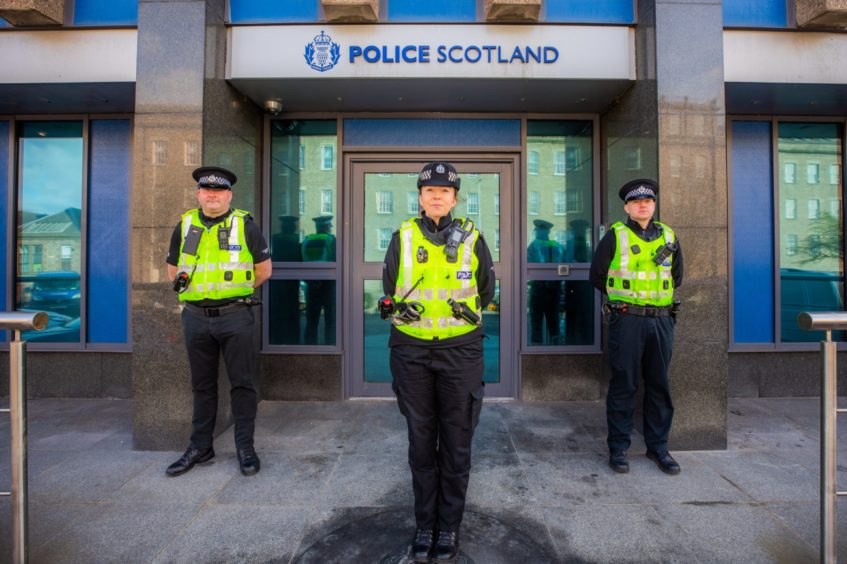
“There already is a lot of good work done with the drugs enforcement branch and various other things, so this is just a local initiative to help build on that.
“We work alongside the intelligence unit and interventions quite a lot as well.”
Although drugs and drug-related crime are a huge blight on Dundee communities, Sgt Cameron said there would be a focus on other offences too.
Serious assaults and robberies
“We deal with serious crimes as well,” she said.
“We’ll quite often take on serious assaults and robberies, if there are vulnerable people identified through that. It’s not just the drugs side of it.
“People who we can identify as vulnerable in the community in its entirety.
“Officers are intervening every single day and dealing with vulnerable people every day, this is just about adding an extra layer of resilience and support.
‘Helping people as they need it’
“We will be helping people as they need it. And building on the intelligence and strengthening the partnership working and trying to support people.
“We certainly work alongside our partner agencies; if there are problems around their housing then they do try and address that.
“But they’re all individuals with individual problems, so we just need to get in (to their home) first of all and try and find out what they are.”
If you have any concerns about crime in your area, including county lines activity or cuckooing, contact Police Scotland on 101.
Alternatively, you can speak to Crimestoppers anonymously on 0800 555 111.
